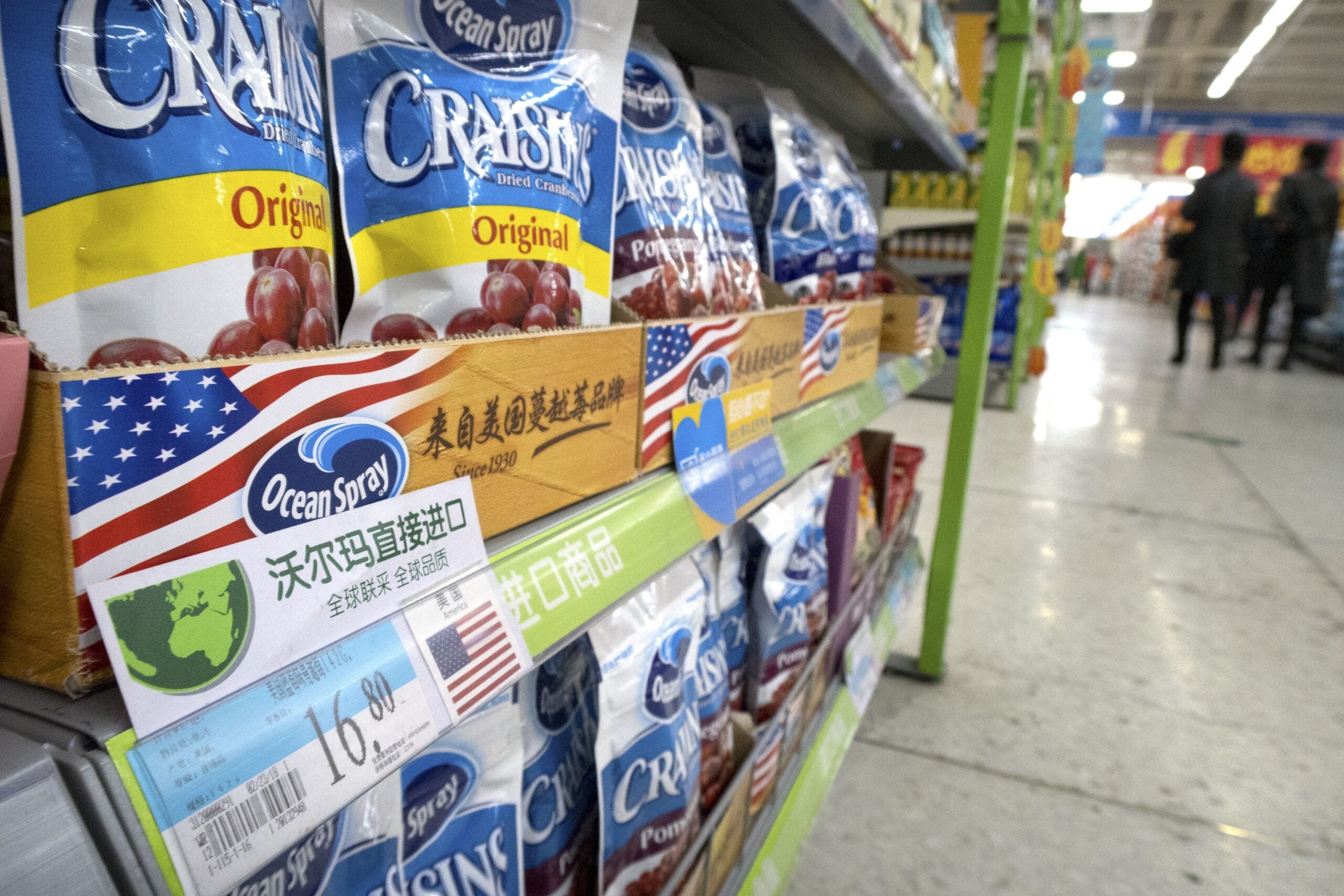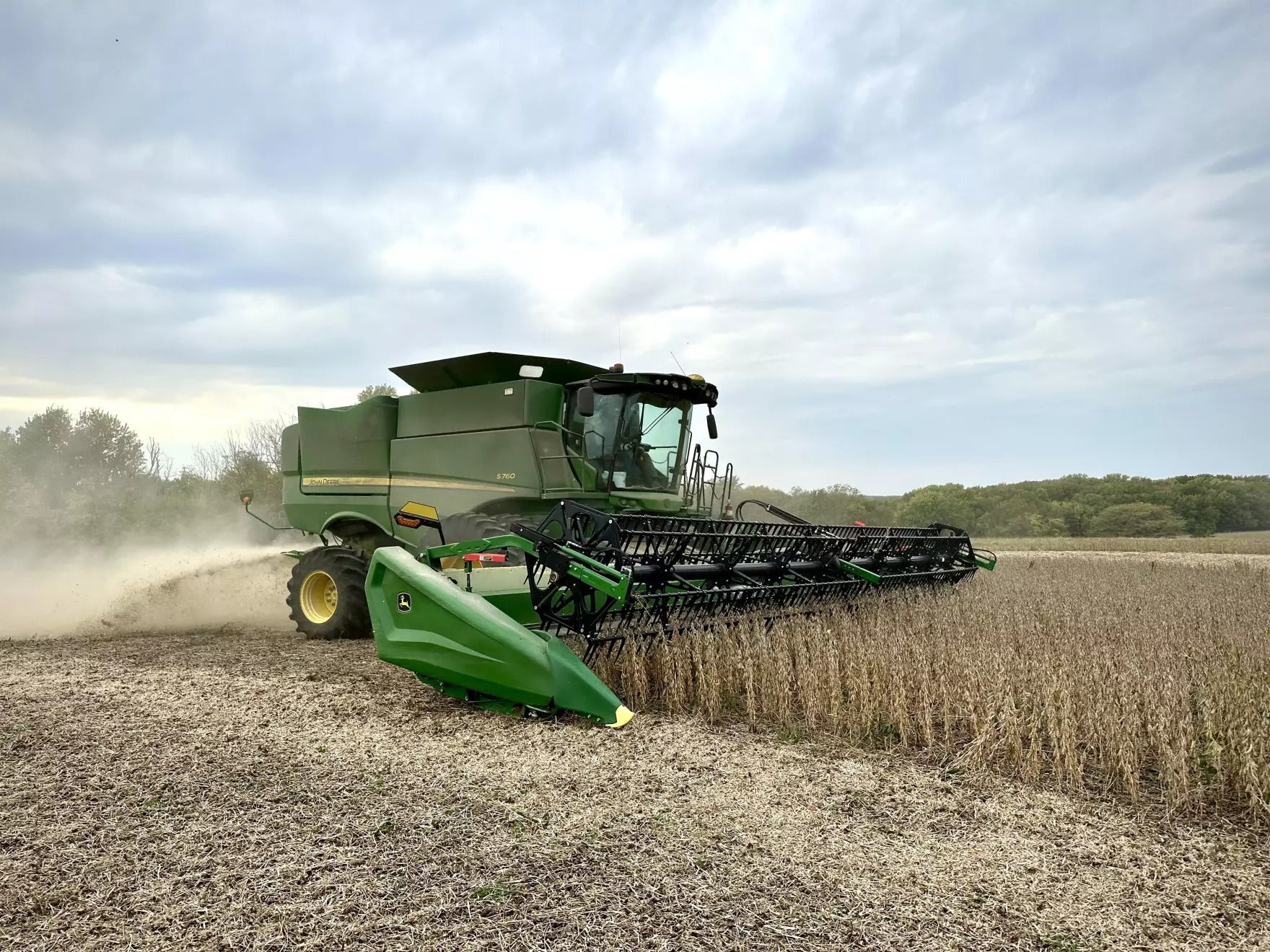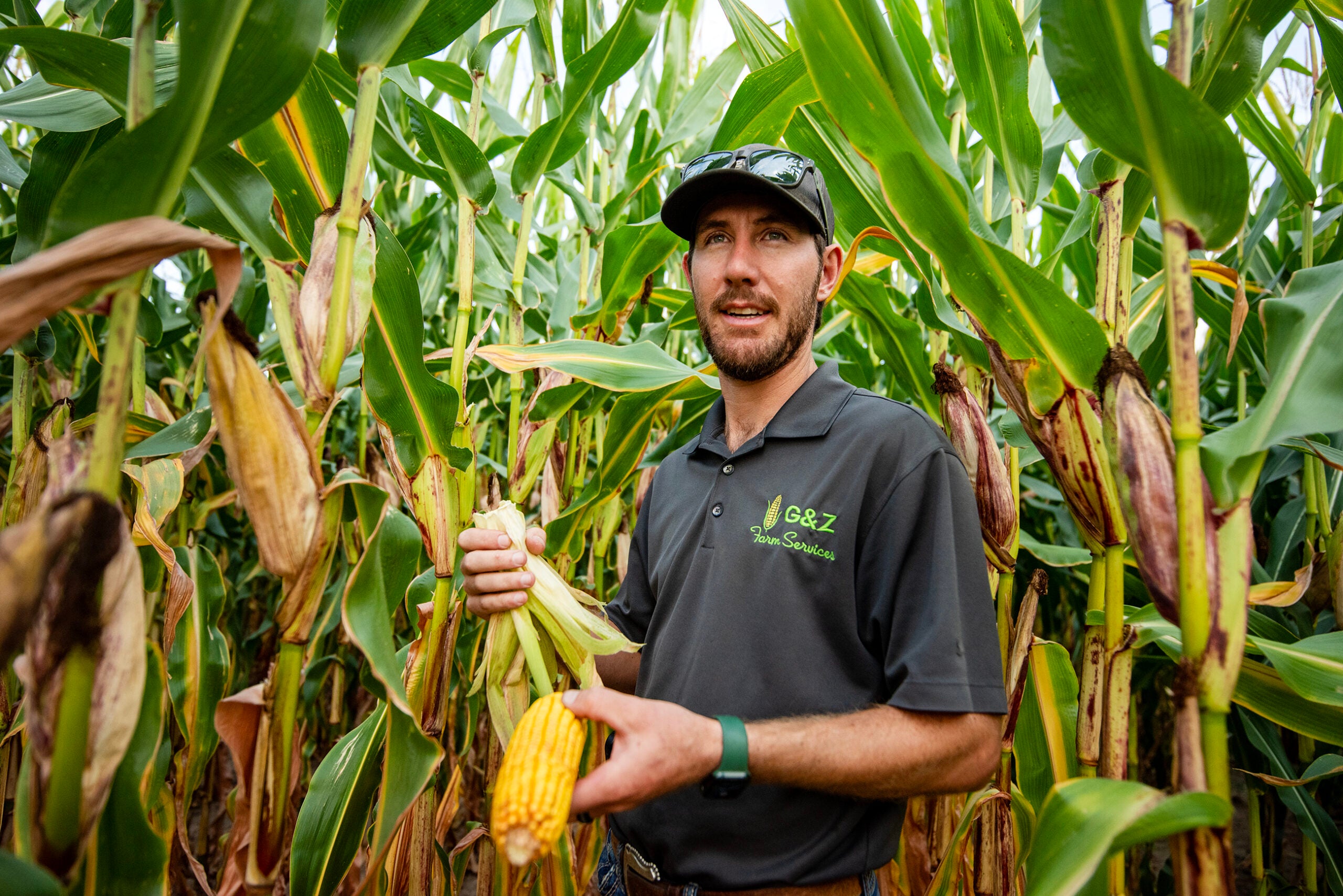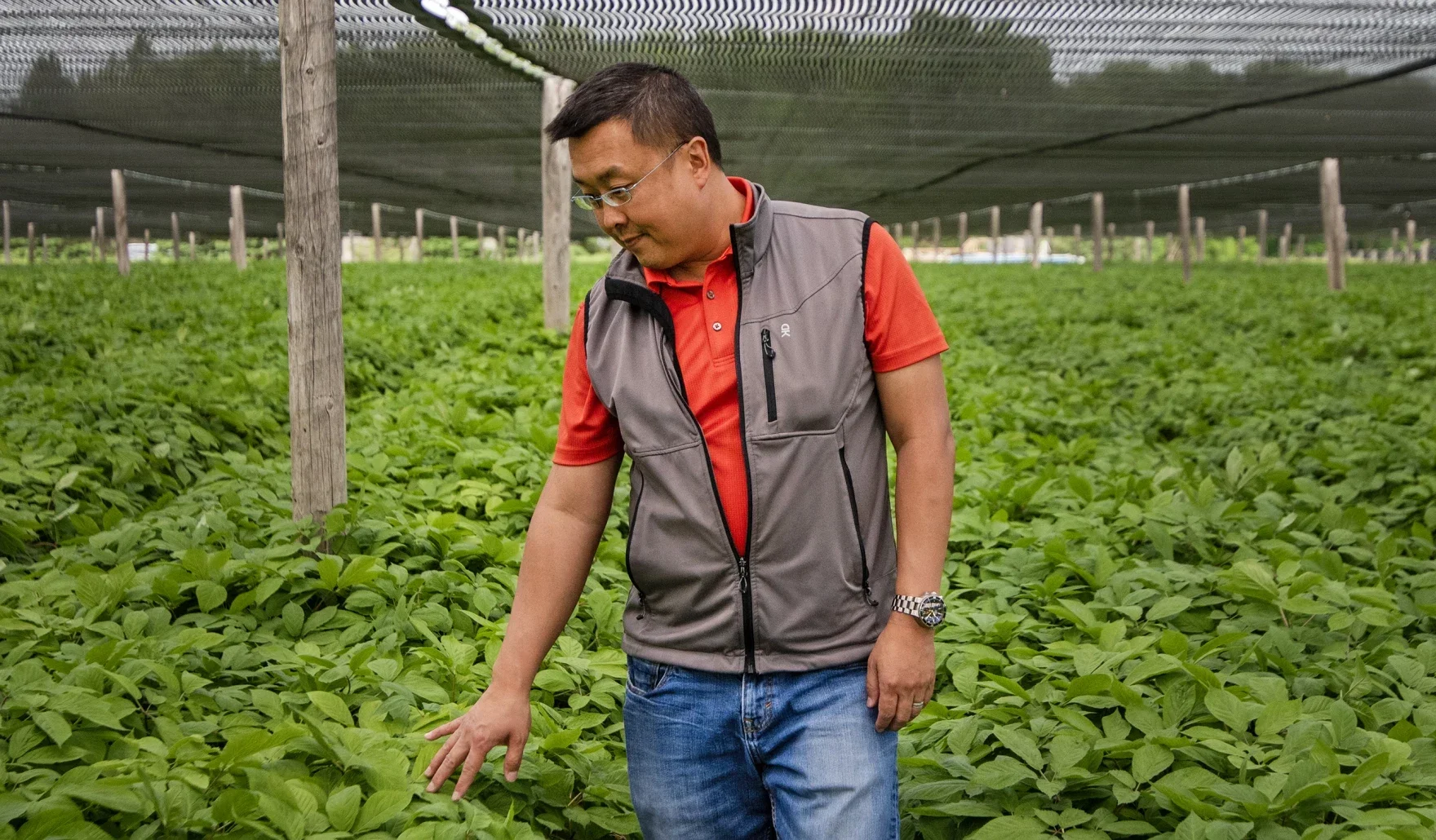Wisconsin agriculture officials plan to continue working to expand international markets for the state’s growers and producers, even as the trade dispute between the United States and China flares up again.
State agriculture secretary Sheila Harsdorf said exports have become increasingly important to Wisconsin’s agriculture sector, and that the state remains focused on finding ways to “grow exports where we can not only maintain the markets that we have, but expand on emerging markets, develop new products and really look at how we can meet the consumer’s needs, not only in the U.S. but internationally as well.”
Harsdorf is set to speak Wednesday at a roundtable discussion on the potential effects of the U.S. trade dispute with China on the state’s farm exports.
News with a little more humanity
WPR’s “Wisconsin Today” newsletter keeps you connected to the state you love without feeling overwhelmed. No paywall. No agenda. No corporate filter.
The event in Arlington is being organized by the Wisconsin State Farm Bureau and Farmers For Free Trade, which said it would cover the “importance of trade and the impact of export tariffs on Wisconsin agriculture.”
Wisconsin growers and producers have been raising concerns about what increased tariffs may mean for their industries.
Pork, cranberries and ginseng are among the products Wisconsin sends to China, which is the third largest market for Wisconsin exports, according to the state Department of Agriculture, Trade and Consumer Protection.
Harsdorf called the event “an opportunity to talk about the importance of fair and free trade” and said the state will remain competitive if there’s a “level playing field” for trade.
Wisconsin Public Radio, © Copyright 2026, Board of Regents of the University of Wisconsin System and Wisconsin Educational Communications Board.





